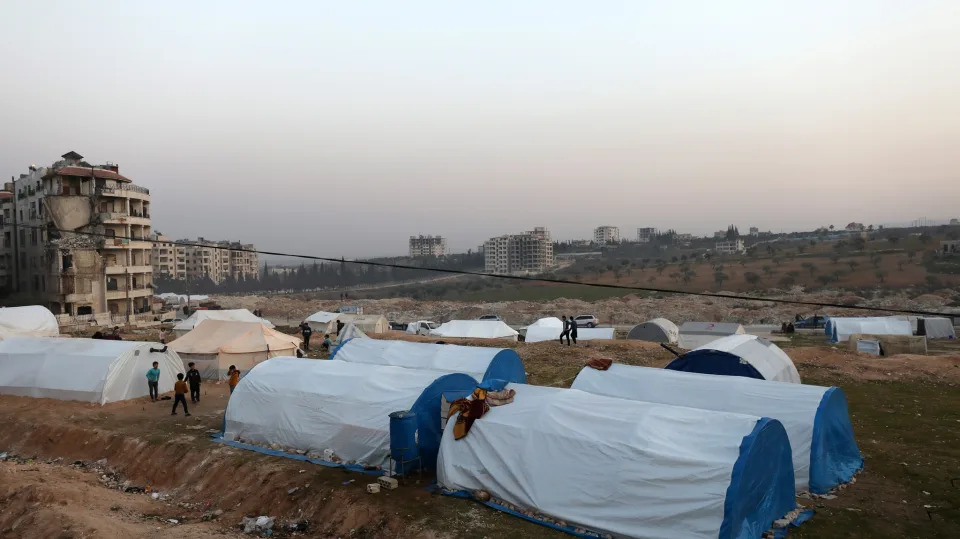The current collapse of the water supply system in northwestern Syria, damaged first by 12 years of war and then by earthquakes that struck the area a month ago, could have “devastating” consequences for the health of the local population, the International Committee of the Red Cross (ICRC) warned today.
In the current situation “a new public emergency such as an outbreak of an infectious disease could spell disaster for the region,” ICRC regional director for the Middle East, Fabrizio Carboni, said in a statement.
The organization stresses that after the February 6 earthquakes, the risk of contamination of drinking water is high, and also notes that many water reservoirs installed on top of their homes and used as an alternative by many residents of the area were also destroyed.
Much of this situation affects the region around Aleppo, where part of the sewage system collapsed as a result of the earthquakes, “increasing the hardship of an area already suffering the effects of more than a decade of war,” said ICRC.
The century-old organization recalls that before the civil war more than 90 % of the Syrian population had access to safe drinking water, a percentage that has now fallen to 50 %.
Another Geneva-based humanitarian non-governmental organization, the Norwegian Refugee Council, recalled today that 105,000 people remain displaced in Syria because of the destruction of their homes following the earthquake, which according to the World Bank caused losses worth $5.1 billion.
The NGO warns that only 15% of the funds requested from the international community to help Syria have so far been received by the United Nations and related humanitarian organizations.

